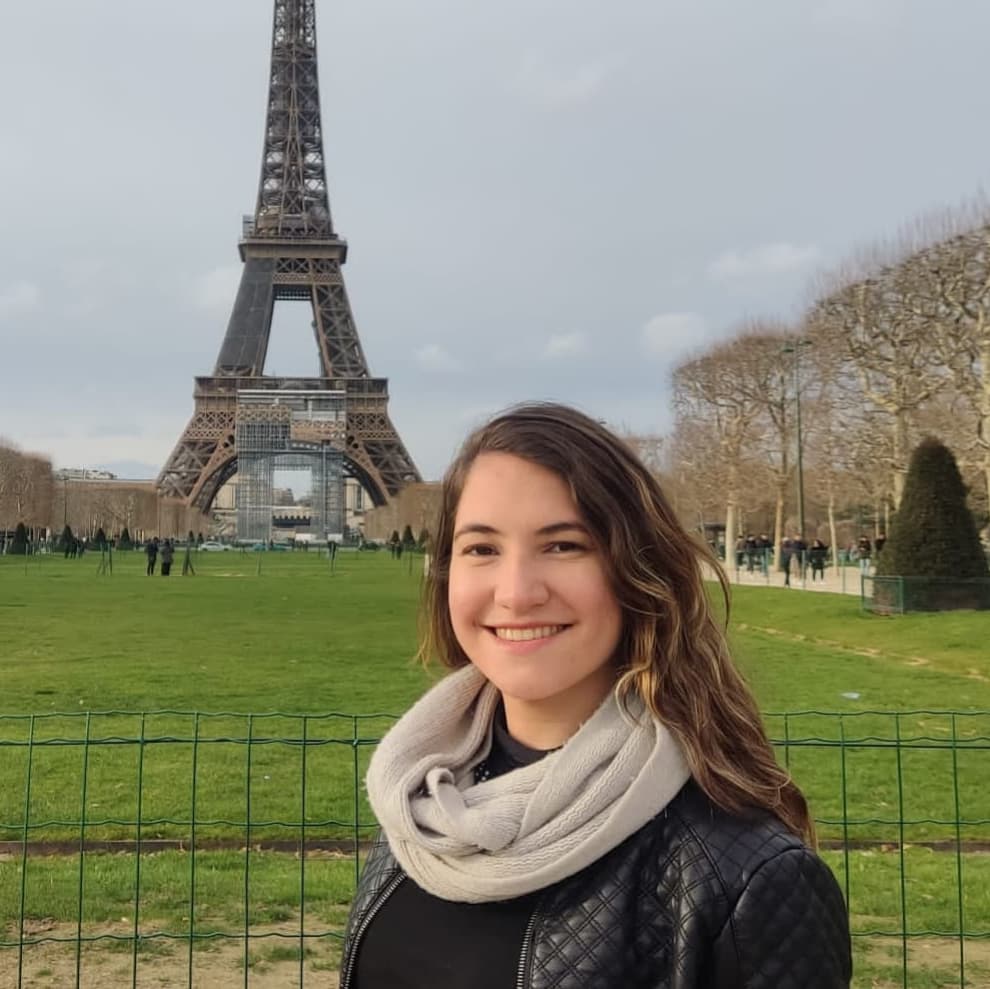[Post for non-scientists] How is science done?
- Nathanne Rost

- Apr 24, 2024
- 3 min read
Even if you are not a scientist, I am almost 100% convinced that you already heard (a lot) about science, and even if you don't know too much about it, trust me, science governs your life!
How?
Have you ever been vaccinated or got a medicine? Have you ever visited the doctor? Have you ever used electrical energy?
I am pretty sure that you said "yes" for all of those questions (of course you are using electrical energy right now to read this text).
The vaccines and medicines that you get or ever got are products of science, as well as the knowledge that a doctor apply in order to treat you for any disease, the electrical energy and all technology available in nowadays' world is just possible because someone in the past applied the scientific knowledge.
But how is science translated to the "real world?"
Let's talk about this as a chemical protocol: step-by-step.
1) The scientific knowledge is available to anyone, mostly in books and scientific articles (you can find them, for instance, in https://scholar.google.com/).
2) In a beautiful sunny day (of course it can also be on rainy days), someone (usually involved in some university degree, as bachelor, master or PhD), decides to study something very specific to an area of knowledge (e.g.; organic reactions in chemistry, or cells interactions with proteins in biology, or movements of planets in astrophysics, or nanoparticle in materials science).
3) Then, this student reads books and articles to get some knowledge in a given subject which attracted his/her attention for some reason.
4) The student looks for a research group (in a laboratory) working on this topic of interest, join them and start to having fun by acquiring more knowledge from experts in the field (welcome to Disneyland)!
5) This new researcher then starts to do experiments in the topic, with potential to add something new to the field (or make an existing process better).
But... what is a scientific experiment?
A scientific experiment is, in summary, a process through which one tests something reported by someone else, aiming to get the same result.
Let's take a daily life example: imagine you visited your most-loved aunt, who cooks the best cake in the whole world! But couting on her every time to cook to you is not feasible, as she lives so far away! Then you wish to reproduce this cake with the most similar quality as possible. What do you do? Of course you ask her for the recipe, and try to reproduce yourself. If you are successful, you can have the best cake in the world whenever you want!
This is how a scientific experiment works, and potentially, it should be reported with most details as possible, then anyone can reproduce it. Unfortunately, this is not what happens in many cases, and this is one reason why we need to correct science.
A scientific experiment is shared as a protocol (the cake recipe), in a scientific article, which also comprises an introduction (e.g.; why making cakes is good, as they are more delicious for having coffee with or receiving someone at home - at least in my country this is very traditional - or because cakes are special for birthdays), a section for methods (explaining how to make the cake), results and discussion (a result could be, for instance, a picture of the cake to show how it should look like when following the same recipe, what are the difficults in baking a special cake, how to make this unique - e.g.; by adding special flavours), and conclusion.
What we have, at the end, is more scientific knowledge, published in the form of an article, which will serve as basis for other researchers.
The scientific knowledge is also the basis for developing new products, as we saw during the COVID-19 pandemic, when researchers needed to study the strucutre of corona virus and investigate how to attack it by using vaccines, which were quickly translated into products that saved countless lives!
If you are interested in knowing more about science, please do not hesitate to contact me by commenting on this post. I would love to explain what I can, look for help for topics that I cannot explain alone and even critically analyse and explain articles to the overall community.
When you observe the world around you, make questions and try to understand some concepts, you are more scientist than you imagine! So, welcome on board!

Reproduced from < https://www.azquotes.com/quote/69293 >
I would like to thank a great friend, Lucia Santana, who had kindly read this text and checked the accessibility of it to non-scientists. Thank you for always support me!



Comments